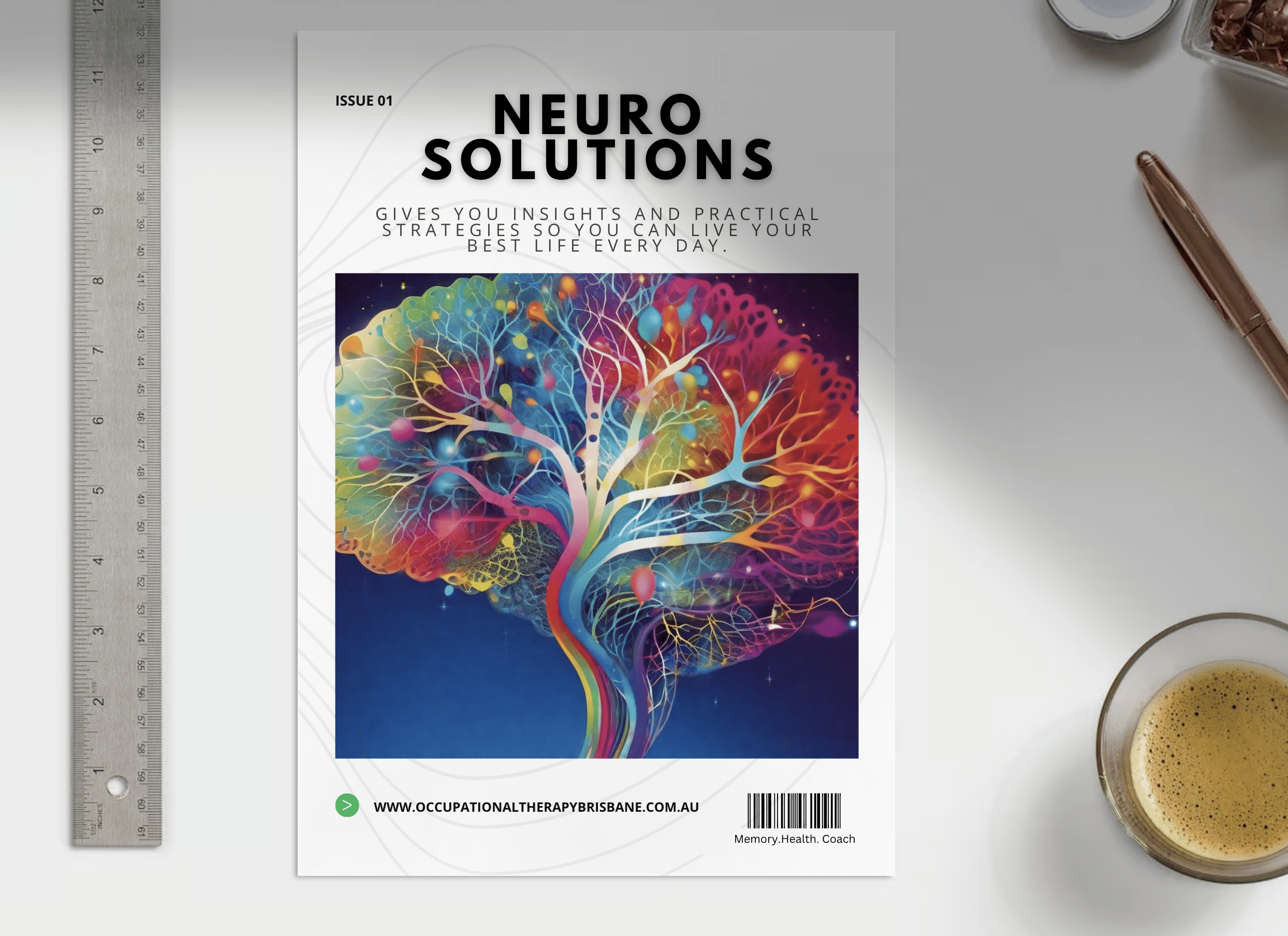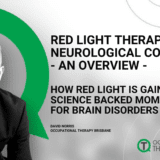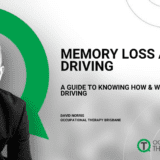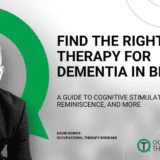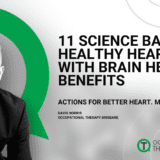6 Factors To Impact Driving Performance In Older People
By 2025, people aged 65 years and over will represent approximately 25% of all drivers on the road.
It’s clear changes in our health and functional abilities are likely to impact on your driving performance.
But knowing when to reduce, change or stop driving is often a difficult decision and one which isn’t really clear.
For many people, driving represent independence, access and a sense of adulthood and capability. Treats to this experience requires an appreciation and compassion for how a person is feeling and at the same time being respectful in discussions about driving, driving options and cessation. Being aware of the factors which may limit or reduce driving performance in older person is the first set in identifying the issues as well as a point to commence a conversation.
6 Factors To Impact Driving Performance In An Older People
1. Medications Which May Impact Your Driving Performance
Some medications can interfere with your driving performance. The side effects may be immediate, cumulative ( adding up with the longer exposures to the medication) or combined as a result of their interactions with other medications and or your particular health conditions. No doubt it’s a complex interaction which you should take under the advice and direction from your GP or specialist.
In short, get clear on how your medications affects your skills and ability.
If you’re unsure of the possible side effects of your medication, talk to your doctor.
2. Health Conditions Which May Impact Your Driving Performance
There are no doubt many health conditions which can impact on a person’s driving performance. Whilst not an exhaustive list, conditions which can impact on your performance may include:
-
- Dementia
- Cardiovascular Conditions
- Mental Health Conditions
- Epilepsy
- Arthritis
- Head trauma
- Brain Tumours
- Stroke
- Kidney Disease
- Diabetes
How these conditions affect your performance may impact the following abilities of your body:
3. Sensory and Sensation Changes and Driving
- Changes in Hearing, Vision, Touch and others sensations ma impact on your driving performance. When we’re asked about hearing, the concern is responsiveness to critical events is an important safety consideration, and especially a consideration for commercial driving.
A study of older adults with hearing loss found that there was a strong correlation between hearing impairment and driving performance especially in the presence of distractions.
4. Cognitive Changes and Driving
- Changes in Executive Functions, which includes skills such as problem solving, insight and judgement can impact on your driving ability. This may be observed in people who have experienced a stroke, dementia or other neurological conditions such as trauma or tumours.
- Changes in Memory and Attention: A change in the ability to recall or attend to where objects, people and hazards are, may impact on a person’s ability to drive.
- Changes in Processing Speed: Processing speed is a cognitive skill which may be considered as the time it takes a person to do a mental task. A delay or “reduced processing speed” may impact on a person’s ability to rapid respond to hazards on the road.
5. Perception Changes and Driving
- Changes to your ability to perceive the world around you is likely to impact on your driving performance. It is acknowledged changes to peripheral vision, depth perception, color sensitivity, acuity and figure ground are likely to impact on your ability to drive.
A study involving 61 drivers looked at Age‐related changes in perception of movement in driving scenes. What the study found was the ability to detect subtle movements in the driving environment may likely be a important factor to effective hazard perception, and this is associated with age.
6. Movement/ Motor Changes and Driving
- Changes in your ability to complete coordinated, responsive and forceful movement is likely to impact on your driving ability. This may be seen in people after they experience a stroke, spinal cord injury or by people who live with Parkinson’s Disease.
Over 75 years of age? Here’s What QLD Main Roads and Transport Requires
The Safe Driving, Driving 75 and over, website provides essential information for seniors. Here is a brief summary of the information
- Everyone 75 and over who holds a Queensland driver licence must carry a current Medical certificate for motor vehicle driver form (F3712) at all times when driving and comply with any stated conditions—you can be fined if you don’t.
- You can obtain the medical certificate (F3712) from the above link or ask your GP practice to download it for you.
- Are you a Heavy vehicle licence holder? If you hold a heavy vehicle licence and wish to keep it, your health professional will need to assess your medical fitness to drive against the commercial vehicle driver standards.
- Do you need to send your medical certificate to QLD Transport? What to do with your medical certificate? There here is no requirement for you to present your medical certificate (F3712) to QLD Transport unless the following applies to your situation:
- you develop a permanent or long-term medical condition that is likely to adversely affect your ability to drive safely
- you have a permanent or long-term change to an existing medical condition that is likely to adversely affect your ability to drive safely
- your health professional has recommended a licence condition be imposed or altered, or the class of licence you hold should be downgraded
- you are applying for or renewing your driver licence at a transport and motoring customer service centre.
QLD Department of Transport and Main Roads
You can notify QLD Transport and Main Roads at the following link- here
Occupational Therapy Driving Assessments
Driving ability and neurological conditions or complex medical conditions requires a balancing of road safety with loss of independence.
If you suspect you or a loved one is experiencing a change in their driving ability, see your GP or Occupational Therapist. If you have a diagnosed medical condition which impacts on your driving performance, you may be required to complete a medical assessment whereby your GP requests an Occupational Therapy driving assessment. Please call 1300 783 200 for more information or you can read more about the 2 assessment options we offer by clicking the link here.
Article References
- Hickson L, Wood J, Chaparro, A, Lacherez, P, Marszalek, R. Hearing impairments affects older people’s ability to drive in the presence of distractors. Journal of the American Geriatrics Society, 2010; 58:1097-1103 https://www.ncbi.nlm.nih.gov/pubmed/20936734
- Age‐related changes in perception of movement in driving scenes – Lacherez – 2014 – Ophthalmic and Physiological Optics https://onlinelibrary.wiley.com/doi/abs/10.1111/opo.12140
- QLD Transport Information Sheets
- Making the Transition from Driving by the Department of Main Roads:
- Your Health and Driving:
- Licensing Requirements for Drivers Aged 75 and Over: https://www.support.transport.qld.gov.au/qt/formsdat.nsf/forms/S5041/$file/S5041.pdf
- Australian Resources
- Dementia and Driving by Dementia Australia



